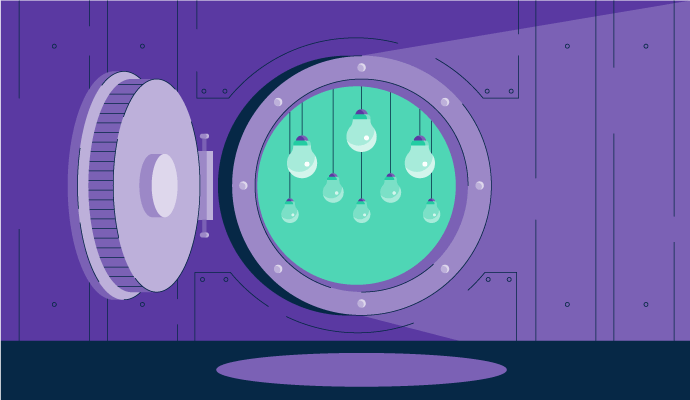What is a field of use?
A field of use is a provision in a licensing agreement granted for using existing patents, inventions, or other intellectual property. The field of use provision limits the scope of the licensee’s right to use the patent, invention, or intellectual property for a specific purpose.
These provisions prevent single licensees from overusing a patent or property while protecting the identity of the patent. Law firms and corporations use intellectual property management software to track trademarks, patents, and other intellectual property, and centralize licensing agreements.
Why is a field of use important?
A field of use is important for both licensors and licensees. To protect licensors, a field of use prevents licensees from overusing the patent or trademark, which allows a licensor to work with many licensees for various use cases. A field of use also gives licensors more control over their intellectual property and its use.
On the licensee side, a field of use is necessary to provide proper use of intellectual property. This enables licensees to use intellectual property they would not legally be able to use otherwise, broadening the amount of access to various inventions and types of information.
How field of use licensing works
Field of use provisions provide licensors with control over their intellectual property, while offering opportunities to maximize its use. With these provisions, licensors can grant licensees access to and use of their intellectual property, while controlling how far it spreads in any given marketplace. Licensing agreements outline the terms under which a licensee may use a licensor’s property.
In addition, a license may also specify fields of use in which a licensee is excluded, such as in an exclusive field of use license. In an exclusive field of use, only one licensee may use the intellectual property specified in the terms. Exclusivity is commonly seen across innovative technologies as founders prefer to keep licensee access limited. With new inventions and technologies, it's the responsibility of the licensor to consider and brainstorm the possible fields of use to determine the best route for the technology.
Another common use case for field of use licensing is in free or open licenses. In free or open licenses, others may reuse another creator’s work without copyright or patent issues. Field of use in free or open licenses enables licensors to profit from new uses that include their intellectual property.
Examples of a field of use
A field of use and its specifics varies based on the licensor, type of intellectual property, and licensee use case. Below are some generic examples of a field of use:
- Digital illustrators: A digital illustrator creates custom digital art pieces for a customer to use on their website. The digital illustrator enters a licensing agreement with the customer that limits the use of the custom illustrations on the customer’s website, preventing the images from being printed on merchandise or used in marketing materials.
- Psychology research: A psychology research lab develops and trademarks a software program for research conducted at their university. A researcher at another university is conducting a study in which the software program would come in handy. The researcher enters a licensing agreement with the psychology research lab to use the software throughout the duration of the specific study mentioned.
Learn more about intellectual property management and its best practices.

Alyssa Towns
Alyssa Towns works in communications and change management and is a freelance writer for G2. She mainly writes SaaS, productivity, and career-adjacent content. In her spare time, Alyssa is either enjoying a new restaurant with her husband, playing with her Bengal cats Yeti and Yowie, adventuring outdoors, or reading a book from her TBR list.






